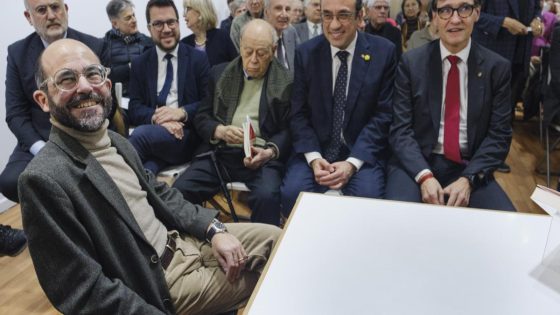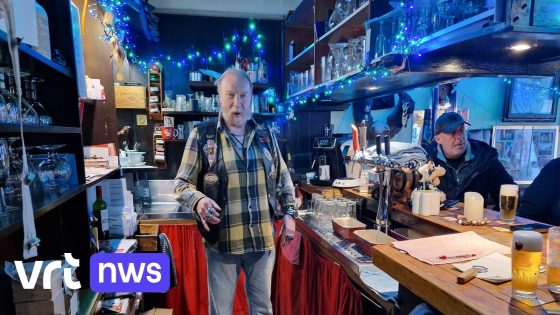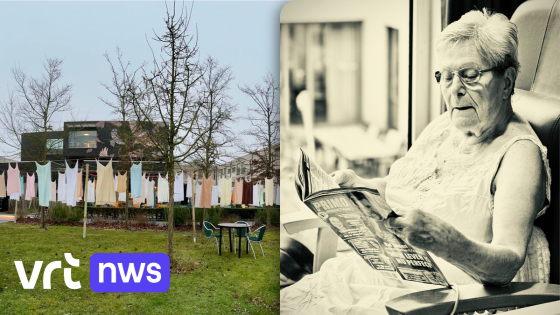On February 14, 2025, a significant event took place in Barcelona, highlighting the enduring influence of Josep Pallach in Catalan politics. The launch of Joan Safont’s biography drew prominent figures, including the President of the Generalitat, Salvador Illa, and former presidents Pujol and Aragonès. Why does Pallach’s legacy resonate so deeply today?
- Josep Pallach's influence on Catalan politics
- Biographer Joan Safont's insights on Pallach
- Historical pallachistes present at the event
- Esther Vera highlights Pallach's legacy
- The mystery of Pallach's political vision
- Speculation on Pallach's potential political role
Understanding Josep Pallach’s Impact on Catalan Politics and Identity
What makes Pallach’s political philosophy so relevant today? His approach, rooted in dialogue and pragmatism, continues to inspire discussions about Catalonia’s future. As Catalonia navigates its identity and relationship with Spain, Pallach’s ideas remain crucial. Can his vision guide current political leaders?
Key Themes from Pallach’s Life and Philosophy
Pallach’s life was marked by his commitment to social democracy and Catalan nationalism. His unique stance on issues like self-determination and federation reflects a complex understanding of identity. Here are some key themes from his philosophy:
- Advocacy for the right to self-determination.
- Support for a federated Spain, balancing regional and national interests.
- Emphasis on dialogue and tolerance in political discourse.
- Influence on contemporary Catalan political movements.
The Legacy of Josep Pallach in Modern Catalonia
Pallach’s legacy is evident in the current political landscape of Catalonia. His vision for a socially democratic society that respects Catalan identity resonates with many today. As political leaders reflect on his teachings, they face the challenge of uniting diverse perspectives within Catalonia.
Reflections on Pallach’s Ideals and Their Relevance Today
During the biography launch, discussions centered on what might have been if Pallach had lived longer. His potential role as a leftist alternative to leaders like Pujol raises questions about the direction of Catalan politics. Could his ideals have fostered a more inclusive political environment?
In conclusion, the ongoing relevance of Josep Pallach’s ideas invites US to consider how his blend of social democracy and Catalan nationalism can shape the future of Catalonia. As the region continues to grapple with its identity, Pallach’s legacy serves as a guiding light for political discourse.































